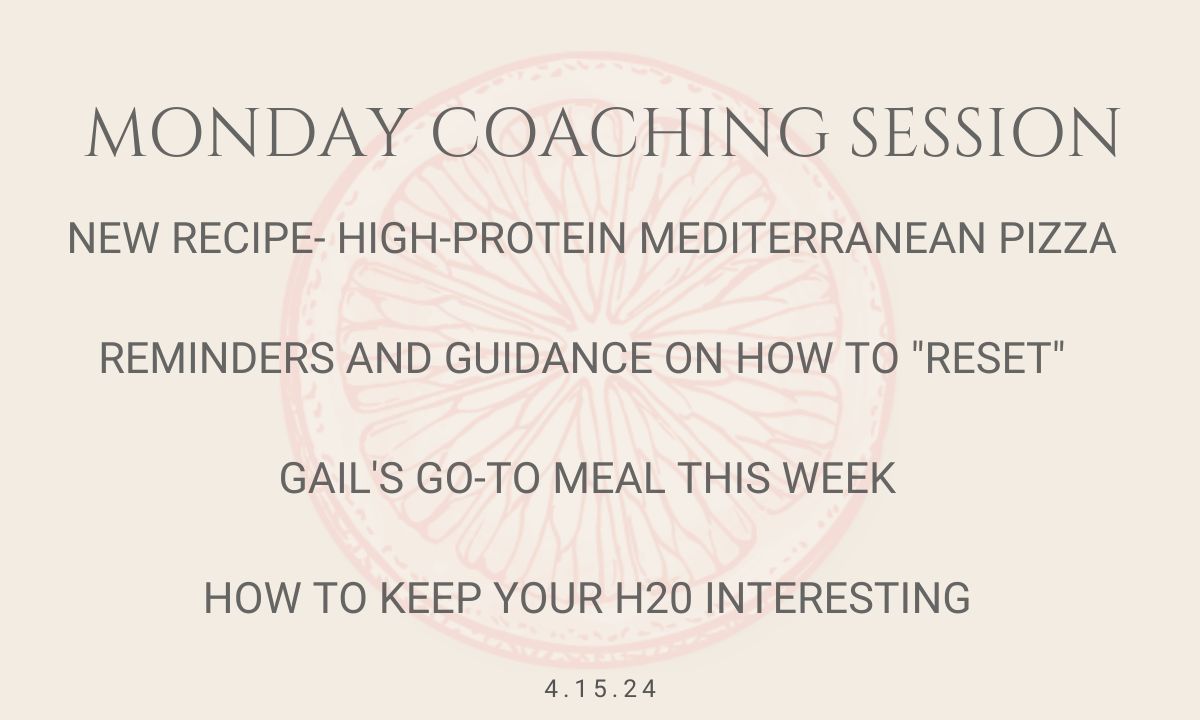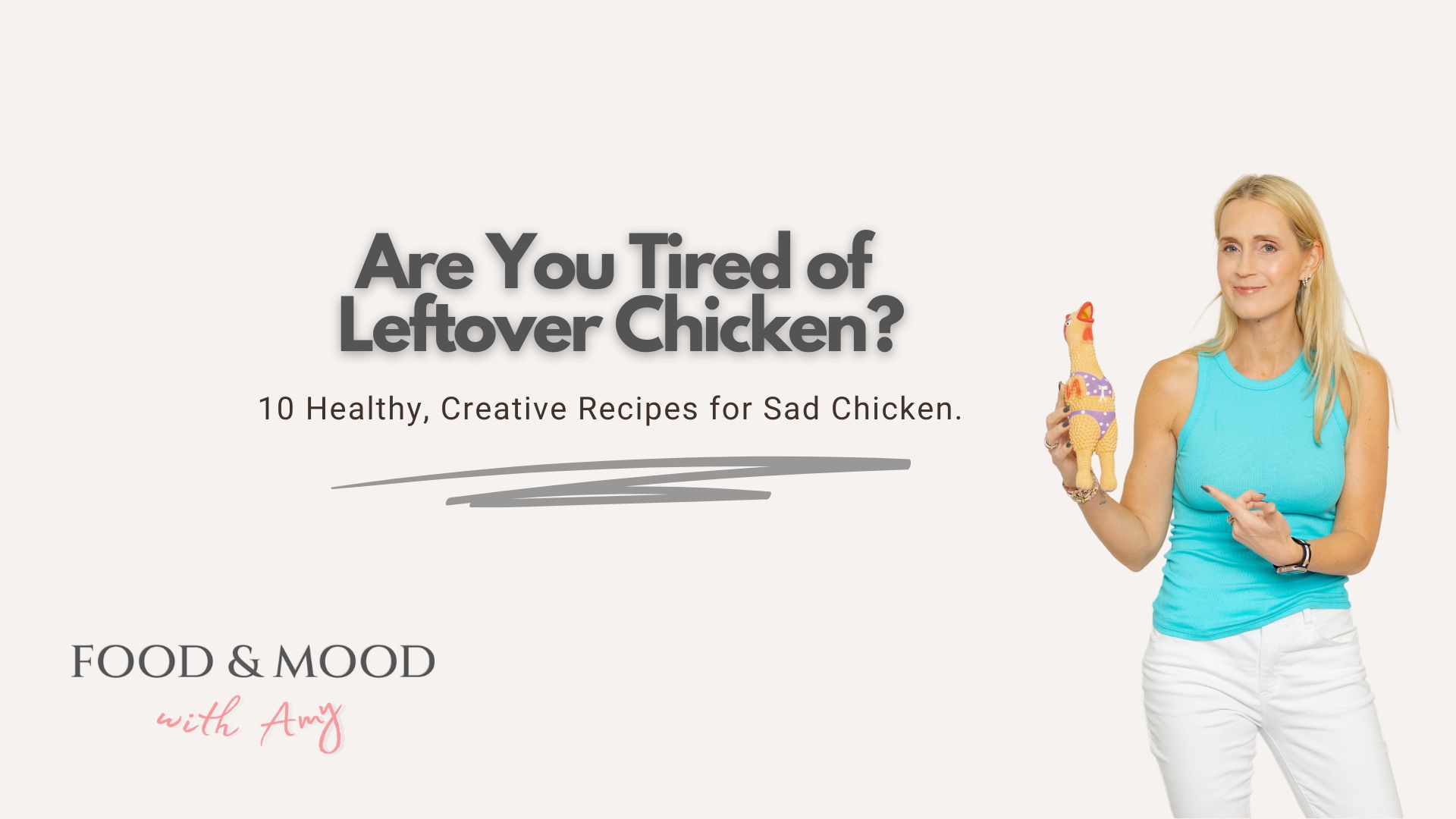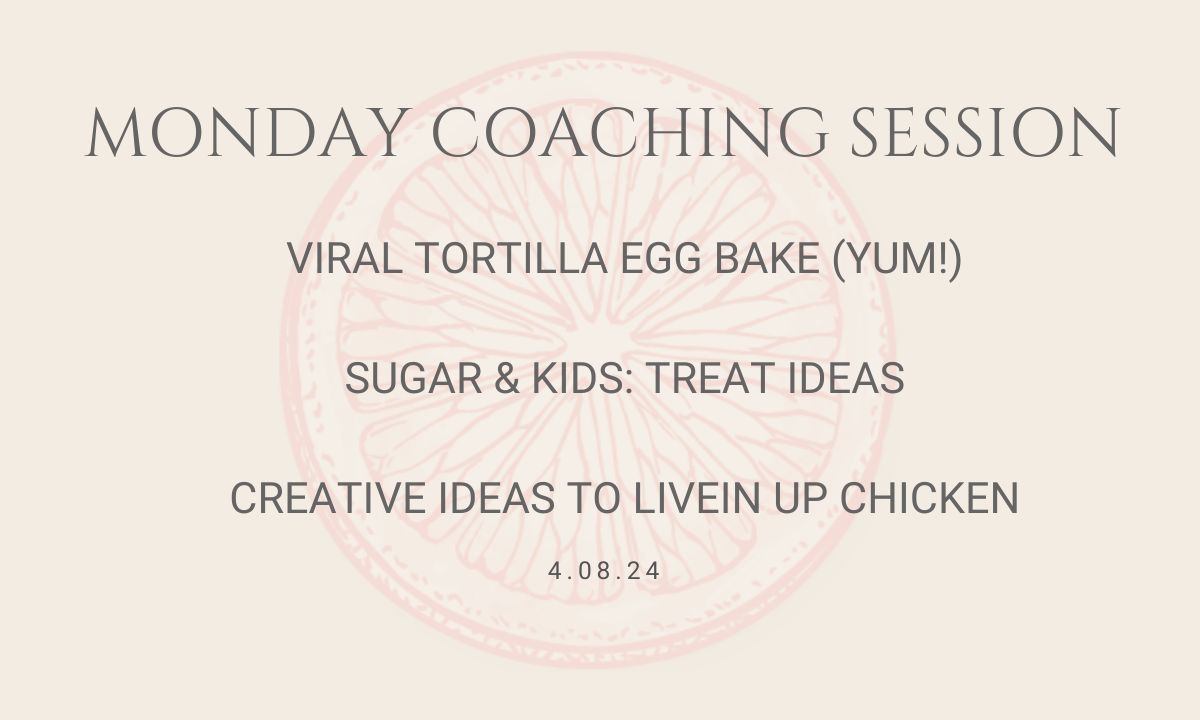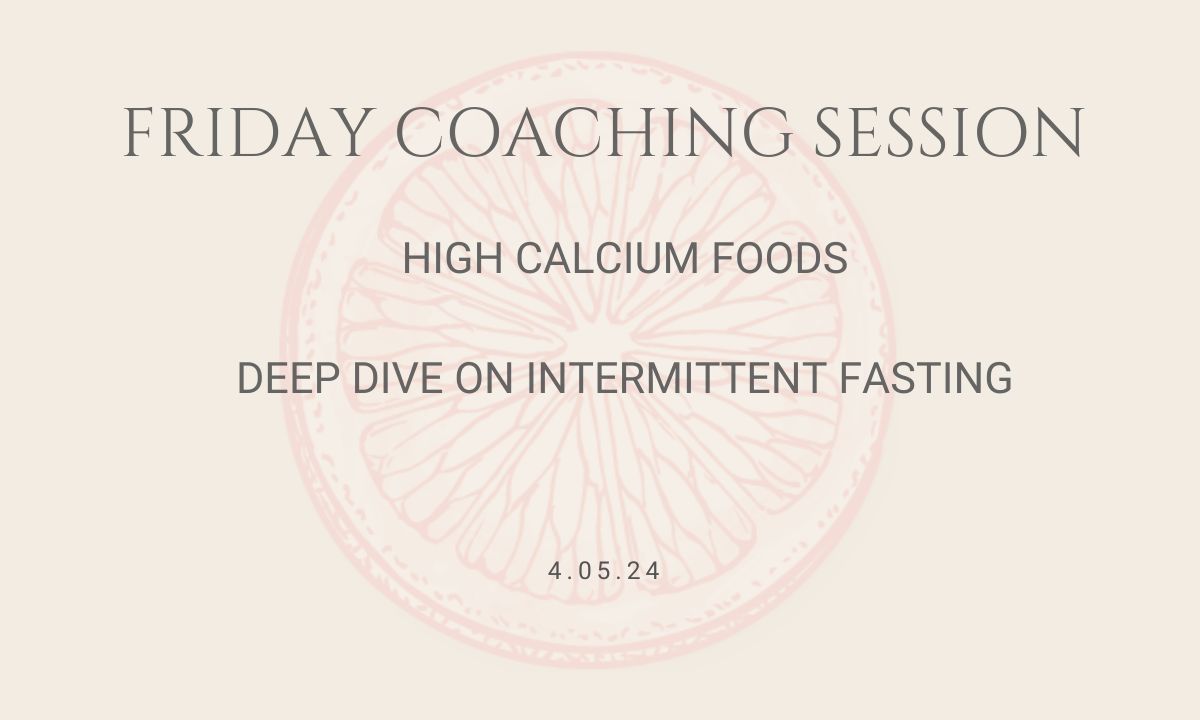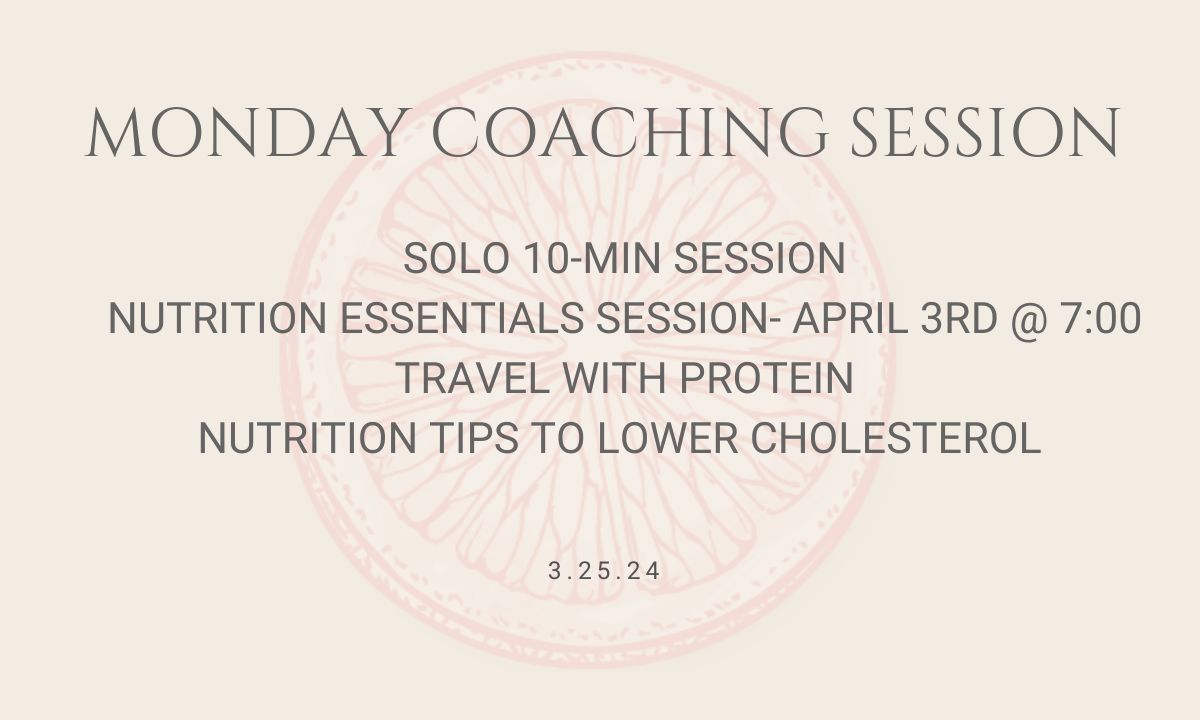5 Tips for Nutrition & Mental Health
About the Author: Amy Fox
Master nutritionist Amy Fox is on a mission to educate everyone about how our food choices affect our health and happiness. A Certified Nutritionist and Certified Functional Food Professional, Amy is the founder of Food and Mood Lab.

